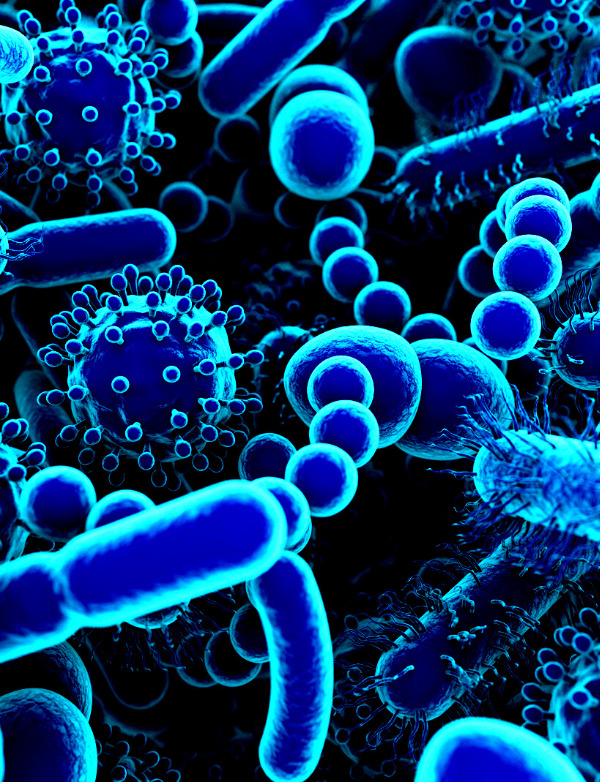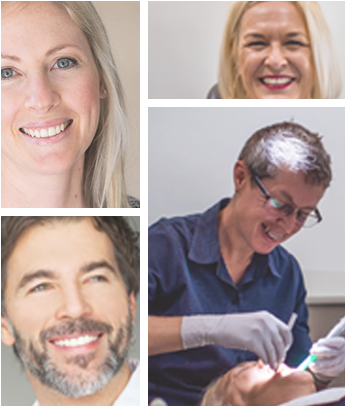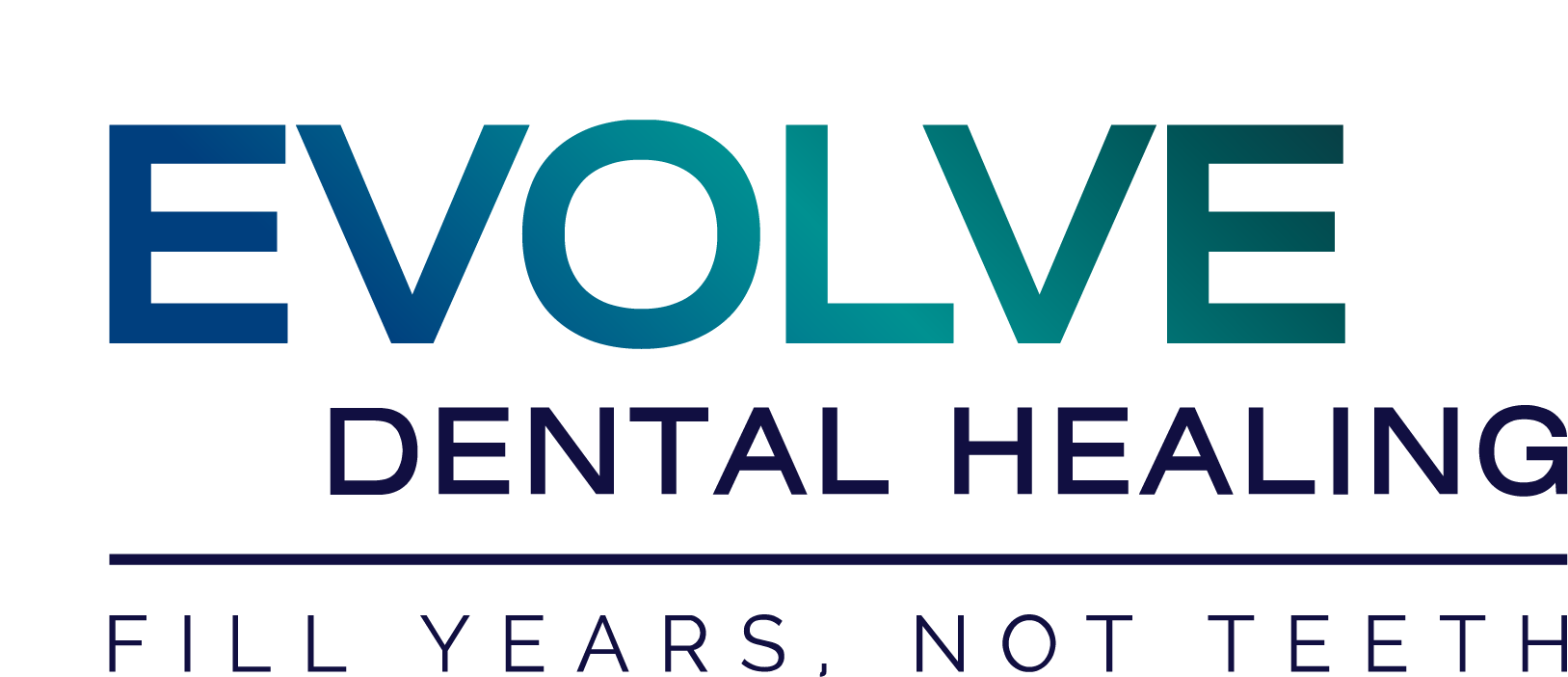Oral Microbiome and Its Impact On Your Health

The oral microbiome has an impact on your dental health, playing a part in tooth decay and gum disease, but did you know your oral microbiome also has links to your overall health?
What Is The Oral Microbiome?
Our mouth is home to the second-largest microbial community in our body known as the oral microbiome. Trillions of microbes and more than 700 unique species of bacteria live in our oral cavity — on our tongue, cheeks, teeth, and in every little crevice. On average, an individual has between 100 to 200 unique species of oral bacteria.
The oral microbiome when it is in balance helps to keep our mouth healthy and protect against infections, tooth decay and gum disease.
When this community becomes imbalanced and enters a state of dysbiosis, pathogenic anaerobic and cariogenic (tooth decay) species grow in number, which in turn leads to tooth decay and gum disease.
The relationship between the oral microbiome and oral disease has long been established, but recently, we’ve come to better understand that the oral microbiome’s influence goes beyond the mouth, impacting one’s systemic health.
5 ways oral bacteria impact systemic health
Oral pathogens have been implicated in chronic conditions that include heart disease, diabetes, adverse pregnancy outcomes, dementia, gut health conditions, and cancer — particularly colorectal cancer.
The statistics can’t be ignored.
1. Cognitive decline – Dementia
Research has shown poor oral health to be associated with cognitive decline, including links between tooth loss and dementia.
Adults with more tooth loss had a 1.5 times higher risk of developing cognitive impairment and being diagnosed with dementia.
Other studies also suggest that gum disease may contribute to and progress Alzheimer’s disease.
An oral pathogen, Porphyromonas gingivalis, appears to be a key link between oral health and cognitive health.
P. gingivalis antigens have been identified in the brains of patients diagnosed with Alzheimer’s disease.
Gingipains — a family of toxins produced by P. gingivalis — have drawn the attention of researchers investigating the link between oral health and cognitive decline, with a correlation between the levels of gingipains and amyloid protein levels in the brains of patients with Alzheimer’s.
The researchers also identified P. gingivalis in the brains and cerebrospinal fluid of patients with Alzheimer’s. Further research has found gingipains in the neurons of over 90% of patients who have been diagnosed with Alzheimer’s.
The study suggests that P. gingivalis can migrate from the oral cavity into the bloodstream, eventually making its way to the brain. Once there, P. gingivalis can produce gingipains, which are associated with increased levels of amyloid proteins, eventually leading to cognitive decline.
2. Heart disease
Patients with severe gum disease experience double the risk of developing heart disease compared to those without.
Other studies have reported finding several species of oral bacteria, such as Fusobacterium nucleatum, in the heart tissue of patients with atherosclerosis. This finding suggests that the bacteria migrated from their oral cavity to their heart.
3. Adverse pregnancy outcomes
Mothers with periodontitis (advanced gum disease) face a higher risk of adverse pregnancy outcomes, including low birth weight, preterm birth, and preeclampsia. Some studies have shown that specific species from the oral microbiome, such as F. nucleatum, can colonize the placenta and influence pregnancy.
4. Cancer
There is a relationship between oral disease and cancer with a 14%-20% increase in total cancer risk associated with gum disease. This risk increase with smoking, which is a major risk factor for both diseases.
Research suggests that periodontal pathogen F. nucleatum likely drives tumour development in colorectal cancer.
F. nucleatum is commonly found in very low levels in the gut, but many studies have found it enriched in tumour biopsies, and patients with high levels of F. nucleatum in colorectal tissues face a worse prognosis.
F. nucleatum can influence colorectal cancer growth in many ways. First, it can trigger cells to grow out of control by over activating the cell-signalling pathways. Second, it can block the tumour-killing abilities of our immune system and induce resistance to life-saving chemotherapy.
5. Helpful bacterial friends
When our microbiome is healthy, beneficial bacteria reduce our risk of heart disease and cognitive impairment.
Beneficial bacteria, including Lactobacillus reuteri, Neisseria mucosa, and Streptococcus sanguinis, aid digestion and prevent infection. They also play a key role in keeping our hearts and brains healthy by helping produce nitric oxide, a key molecule in the body that is responsible for regulating blood pressure.
Nitric oxide helps power vasodilation — the dilation of blood vessels — which is essential for reducing blood pressure, promoting metabolic and cardiovascular regulation, and improving cognitive function.
These nitrate-reducing oral bacteria facilitate a process in our body called denitrification, which converts nitrate and nitrite from our diet into nitric oxide.
Health and Oral Microbiome Summary
As more research emerges about the relationship between the oral microbiome and health, it underscores the importance of understanding this connection and educating patients about the critical role their oral health and microbiome play in their overall health and well-being.
Things that interfere with the oral microbiome include: smoking, alcohol consumption, excessive use of mouthwashes, sugar consumption, stress, poor health, poor digestion, poor nutrition, antibiotics, poor oral hygiene.
Holistic Dentist Brisbane
Holistic dentistry focuses on your total health and wellbeing.
For a dentist who is passionate about you, your gum health as well as your smile call us today at Evolve Dental Holistic Dentist Brisbane 07 3720 1811.
-
Dr. Rachel Hall
Rachel is the founder and principal dentist at Evolve Dental Healing with over 30 years experience, practising holistically since 2001. Not your typical dentist, Rachel is a passionate opinion leader, challenging convention to empower people to make better dental and health choices, helping thousands to have healthy natural smiles. A respected writer and presenter on holistic dentistry, health and wellness it is Rachel’s mission to revolutionise the way people look at their dental health.
Talk to us for more details and information
CONTACT US
67 Kenmore Road
Kenmore Queensland 4069
Phone: 07 3720 1811
Fax: 07 3720 1899
Email: info@evolvedental.com.au
OPENING HOURS
Monday – Friday: 7:30am – 5:30pm
References and Citations Mercury & Amalgam Fillings




